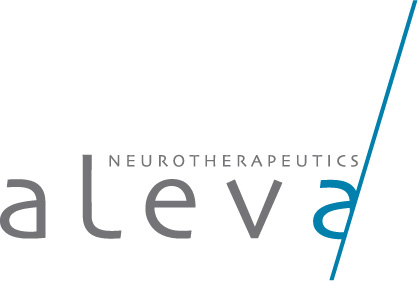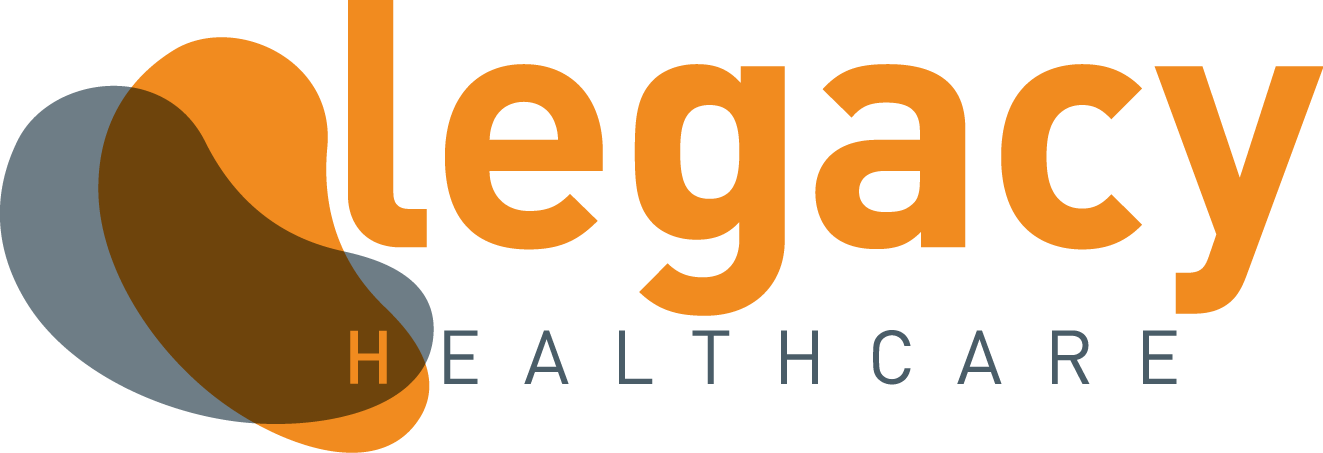Tag: Japan
Company News: Anergis Obtains Core Technology Patent in Japan

– Patent covers Contiguous Overlapping Peptide technology for the development of ultra-fast allergy vaccines –
Anergis, a company focusing on proprietary allergy vaccines, today announced it was granted a Japanese patent on its key technology from the Japanese Patent Office. The patent #5389326 broadly covers the Contiguous Overlapping Peptide (COP) technology which is used by Anergis to define and select new products for the ultra-fast treatment of multiple allergies.
“We have already been granted patents protecting our COP technology in the U.S. and Australia,” said Christophe Reymond, CSO of Anergis. “COPs are pharmaceutical quality products that provide the complete allergen sequence covering all T cell epitopes, but do not elicit allergic hypersensitivity. Therefore, COPs can be administered safely at high doses to induce tolerance to the allergen after a few injections only.”
He added that Anergis has already demonstrated in Phase I/IIa and IIb trials that just five injections of its lead COP allergy vaccine AllerT over a period of two months were sufficient to achieve long-lasting immunological effects as well as seasonal symptom reductions in allergic patients, similar to conventional allergy immunotherapy.
“Obtaining patent protection in Japan is an important milestone for Anergis because the Japanese population suffers from numerous allergies, particularly to house dust mites and to Japanese cedar,” said Vincent Charlon, CEO of Anergis.
Anergis’ COP technology can be applied to a broad spectrum of allergy indications. At present, Anergis is developing AllerT for the treatment of birch pollen allergy, AllerR for ragweed pollen allergies and AllerDM for dust mite allergies.



